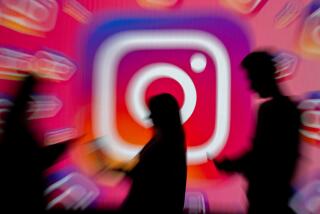Attitudes Toward Cyber-Culture
- Share via
The central point of “Daily Life’s Great Digital Divide” (July 3), that two increasingly separate cultures are emerging regarding commitment to digital technology, ignores the essentially mundane nature of the preponderance of effects derived from computerization. The article focuses on the extremes of addicted users vs. rejectionists, while paying little attention to the vast majority of moderate adopters who find computers and networking to be of some benefit to their personal and work lives.
While interactivity is absorbing for many users, and some reveal excessive and perhaps even obsessive computing behaviors, there is little warrant for applying the rhetoric of addiction in this domain. Not only does this dilute the significance of the concept, but it pathologizes behaviors that are clearly volitional. The article also refers to those who contend that computers have transformed the basic nature of our world. Computerization has clearly had a profound impact, but it has essentially been framed by social and cultural forces. Digital technologies have been integrated into the routines of daily life rather than fundamentally altering life.
After we have finished with the hyperbole, we will eventually be able to calmly assess the particular effects which computers have had. Once we do this, the digital divide will dissolve.
MYRON ORLEANS, Professor
Department of Sociology
Cal State Fullerton

